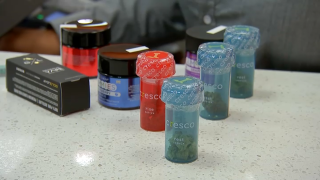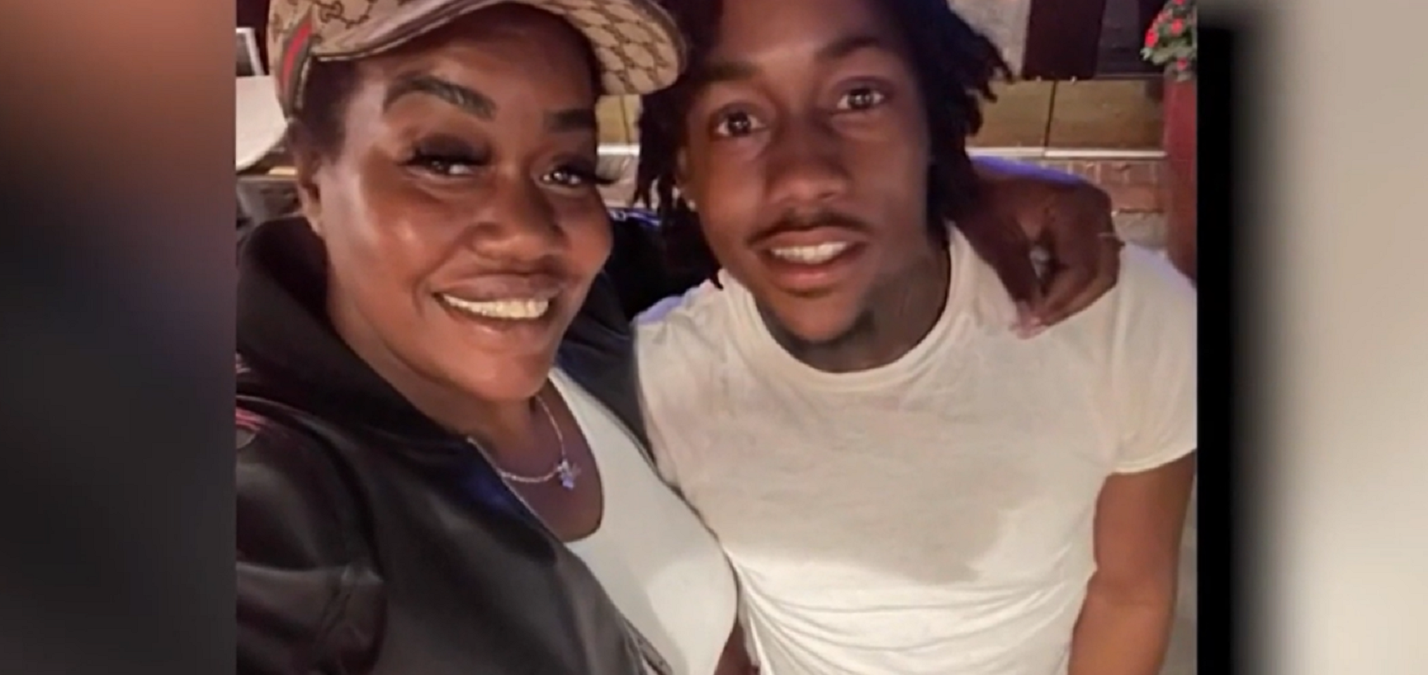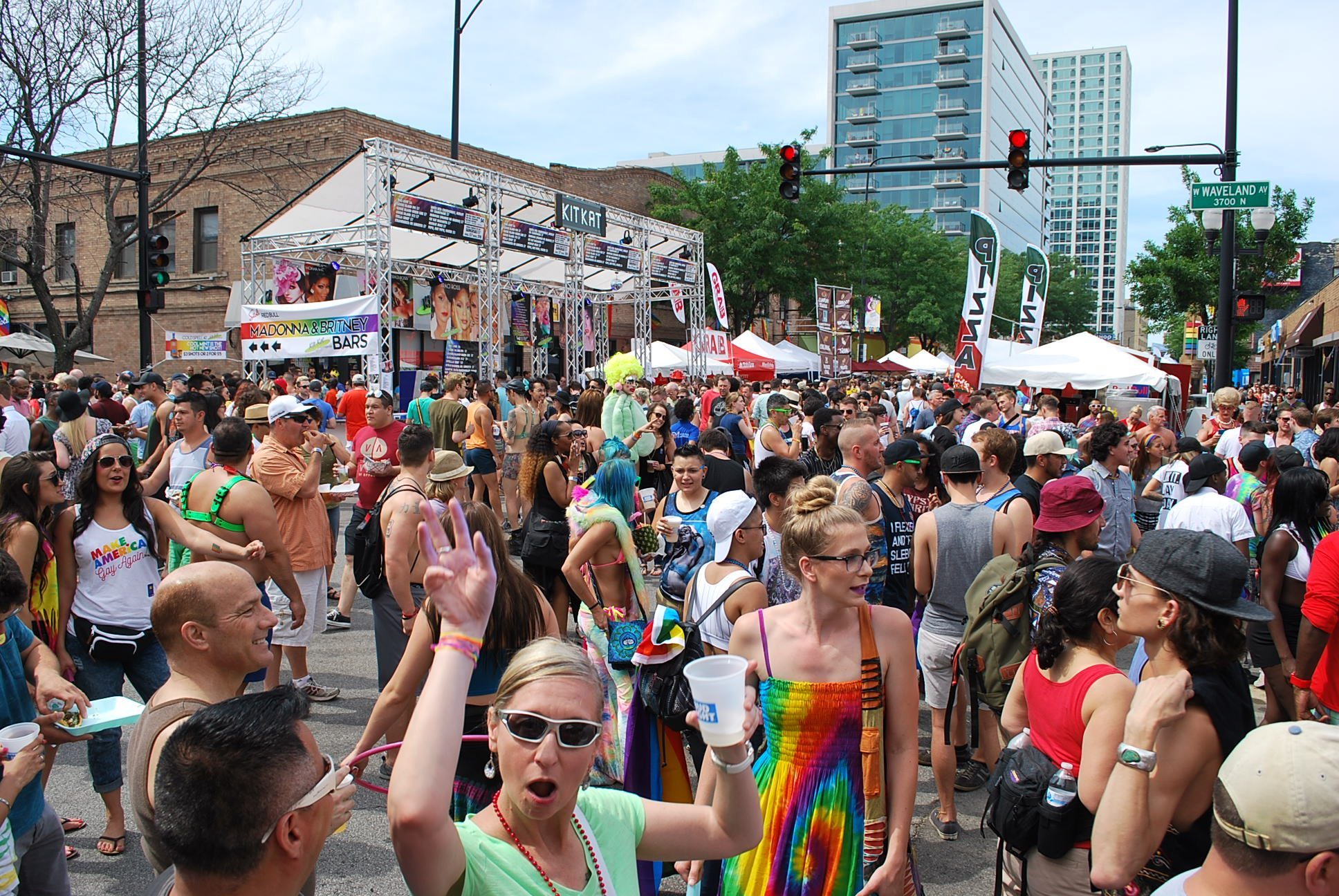
Gov. J. B. Pritzker’s interpretation of Illinois' marijuana legalization law is costing the state more than $100 million in tax revenue by blocking certain pot shops from relocating, some state lawmakers and cannabis industry advocates say.
Cannabis sales have remained consistent despite the coronavirus pandemic, but a memo created by industry advocates and recently shared with lawmakers says the state is losing out on an estimated $135 million in revenue by not allowing medical dispensaries to move without repercussions.
Those cannabis insiders say the Pritzker administration is hampering their industry by reading the law as preventing existing medical dispensaries from relocating without losing their chance to also sell recreational weed — even if they operate in a city or town that has barred those sales or their stores have outgrown their current locations, the Chicago Sun-Times reported.
Pam Althoff, a former state senator who leads the Cannabis Business Association of Illinois, said the issue has remained a contentious topic for more than a year and lawmakers and state officials should prioritize resolving the matter.
“Allowing dual licensees to move will not only increase tax revenues for the state and local municipalities but will permit the industry to hire more people and allow communities to maintain local control as to where in their community they wish these new cannabis operators to operate,” Althoff said.
Over just the first 10 months of full legalization in Illinois, sales of recreational weed topped $500 million. Total monthly sales surpassed $100 million for the first time in October.
But the industry memo states that the estimated $135 million in lost state revenue included revenue lost by 13 dual-use stores that required the need to move to larger spaces and nine medical dispensaries that either operated in municipalities that barred recreational sales, had leases that didn’t permit those sales or faced new zoning restrictions.
Local
Last year, as Illinois was preparing to start its experiment with recreational pot, a group of lawmakers penned a letter to Pritzker urging him to reconsider his position while noting that his administration’s reading of the law “threatens the success of the program.”
Pritzker rebuffed their appeal, noting that the rule sought to ensure that existing dispensary operators “do not completely dominate the new market” before so-called social equity candidates had a chance to win new licenses.
Democratic state Rep. Kelly Cassidy, a key sponsor of the legalization law and who signed last year’s letter to Pritzker, said the issue would likely take some time to resolve.
Pritzker’s office didn’t respond to a request for comment from the Sun-Times, but Cassidy noted that while a cannabis working group hasn’t addressed the topic yet, state lawmakers have ample time to act before the next legislative session begins in January.
“It remains a concern for folks, whether it’s places where the towns are asking them to move for safety reasons — for traffic safety kind of reasons, which I’ve seen in one or two cases — or others where their current facility is so small it’s really hard to safely serve clients and they want to have a bigger footprint so that they can spread out a little,” she said.



